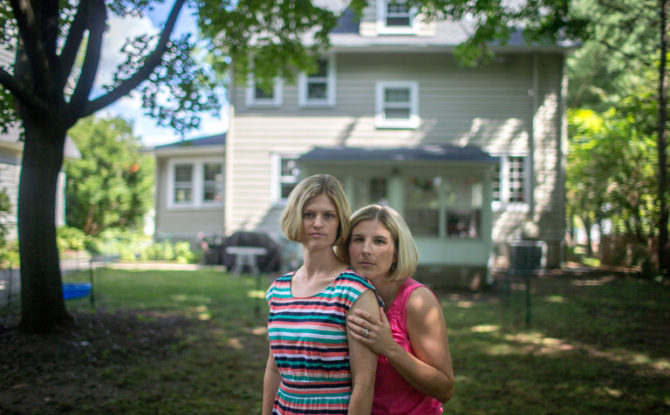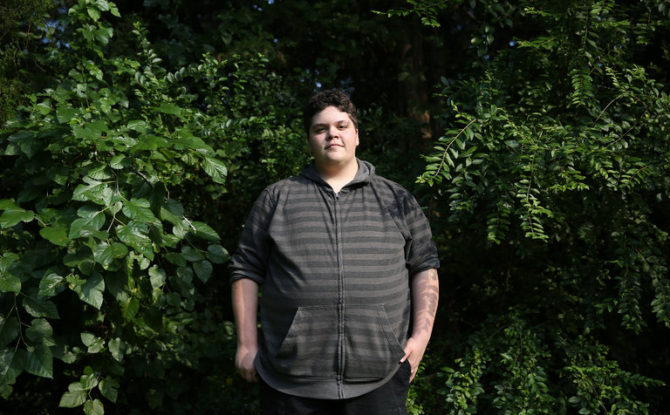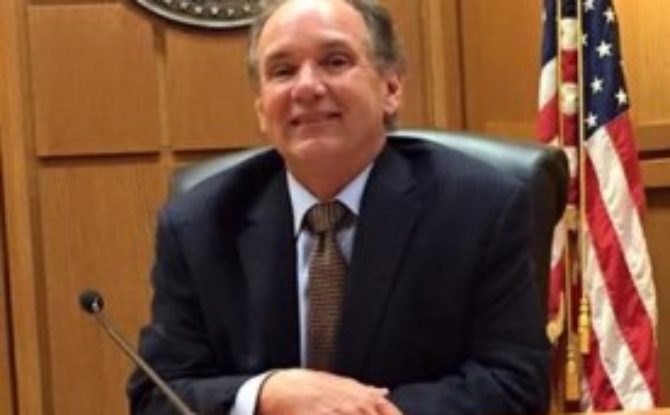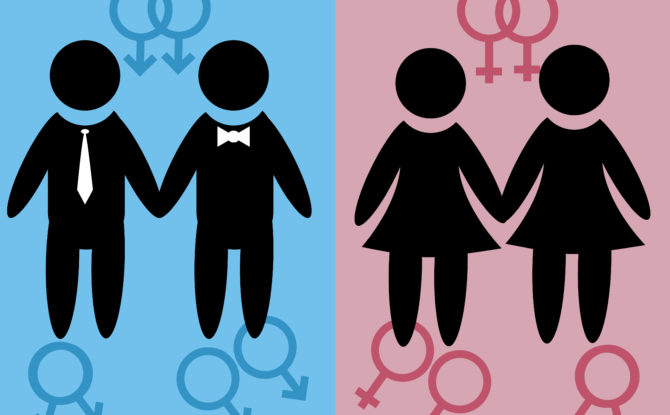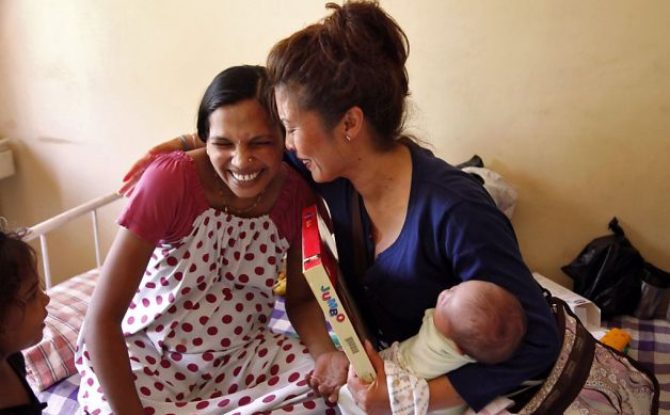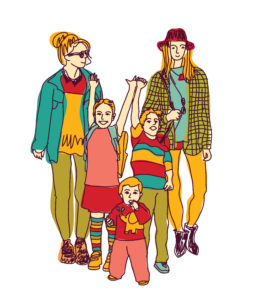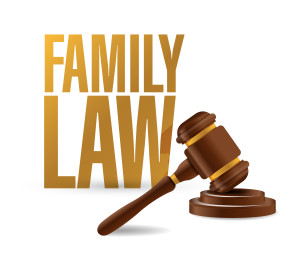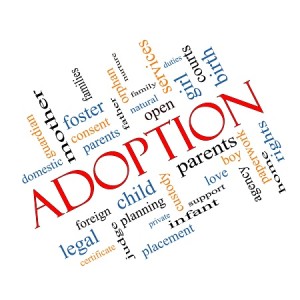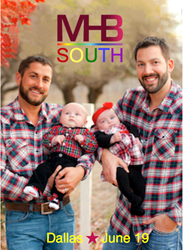Five years ago, Erin and Marianne Krupa chose to start a family. They moved to Montclair, N.J., from a more conservative environment in North Carolina, and decided that Erin would carry their first child.
Erin Krupa remembered her fertility doctor looking her in the eye and promising to help her become pregnant.
But there were complications. At an appointment with her doctor in 2013, Ms. Krupa, then 33, learned that she had benign cysts on her uterus and Stage 3 endometriosis, in which the tissue that normally lines the inside of the uterus grows outside. That meant she was infertile.
Despite her doctor’s assurances that insurance would pay for fertility treatment, Ms. Krupa’s provider, Horizon Blue Cross Blue Shield, denied coverage. The company cited a state insurance mandate from 2001 that required most women under 35 — no matter their sexual orientation — to demonstrate their infertility through “two years of unprotected sexual intercourse.”
Now the Krupas, along with two other women, are suing the commissioner of the New Jersey Department of Banking and Insurance, claiming the mandate discriminates against their sexual orientation — essentially forcing infertile homosexual women to pay for costly procedures to try to become pregnant.
“These women are already going through what can be a difficult experience, and they have the added stress of affording it financially and the added insult of being treated like a second-class citizen,” said Grace Cretcher, a lawyer for the plaintiffs.
The state mandate requires most major insurance companies to cover medically necessary treatments for infertile clients. It defines infertility as the inability to impregnate another person, the inability to carry a pregnancy to live birth or the inability to conceive after one or two years of unprotected sex, depending on the woman’s age.
New York Times, August 8, 2016 by Megan Jula
Click here to read the entire article.

